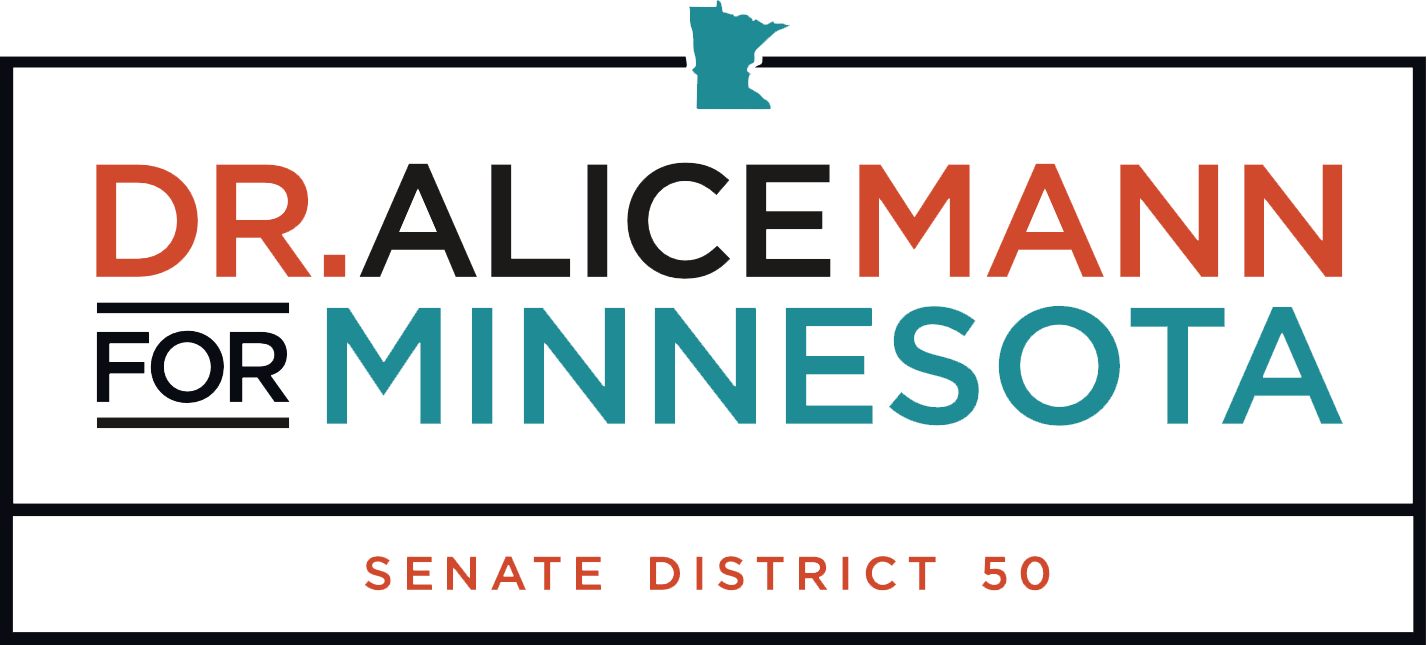Could increased oversight of pharmacy benefit managers provide starting point for broader healthcare reforms?
By Victoria Cooney
Dramatic and sudden increases in prescription costs have put people’s lives at risk, and Republican and DFL members of the House agree that something needs to be done to address the root causes of the problem.
Passed 87-42 by the House Thursday, HF728/SF278* would attempt to do this by increasing oversight of Pharmacy Benefit Managers, which administer prescription drug benefits for health carriers and employers.
“I am going to stand for the people that are suffering in my community,” said Rep. Alice Mann (DFL-Lakeville), the House sponsor.
The bill, previously amended by a House committee, now returns to the Senate, where Sen. Scott Jensen (R-Chaska) is the sponsor. Mann said it is expected to go to conference committee.
The bill would require PBMs operating in Minnesota to be licensed by the Board of Pharmacy, which would allow the state to impose requirements regarding network adequacy, transparency, and ownership interest.
“This bill’s long overdue. … Real people are being harmed and our small, rural pharmacies are being destroyed,” said Rep. Rod Hamilton (R-Mountain Lake). “This is one big step in the right direction. We have the opportunity to do the right thing.”
License applications and renewals would require fees and evidence of fiscal responsibility. PBMs would also be fined $5,000 for every day they acted without a license and additional civil penalties could be imposed for failure to comply with transparency requirements.
These requirements would include annual reports, starting in 2020, with information including acquisition costs and information on any rebates or fees. Information about drug benefits and the related costs would also have to be made available to plan sponsors upon request.
The bill would also prohibit “gag clauses” that prevent pharmacists from letting patients know when their medications would be cheaper at the pharmacy’s regular cost than with their co-pay.
While this, and several other initiatives, received enthusiastic bipartisan support, some Republicans expressed concern about a provision that would require PBMs to take on a “fiduciary responsibility” to health carriers.
A handful of Republicans cited this provision as their reason for voting against the bill, saying it wouldn’t put enough emphasis on the PBMs responsibility to patients, that it did not have adequate definitions, and that it would simply shift transparency problems to another part of pharmaceutical industry.
Rep. Steve Elkins (DFL-Bloomington) said the fiduciary responsibility would simply require PBMs to put the interests of their clients before their own when presented with potential conflicts of interest in negotiations with manufacturers.
Representatives’ comments that they support large portions of the bill – but intended to vote against it because of a few provisions – led to an extensive floor discussion about the productivity and legitimacy of that approach.
“This narrative of ‘This bill doesn’t do enough, so we’re going to vote no on it’… you’re voting to keep the status quo,” Mann said. “How do you get more if you don’t start somewhere?”
Originally posted at: https://www.house.leg.state.mn.us/SessionDaily/Story/13950




